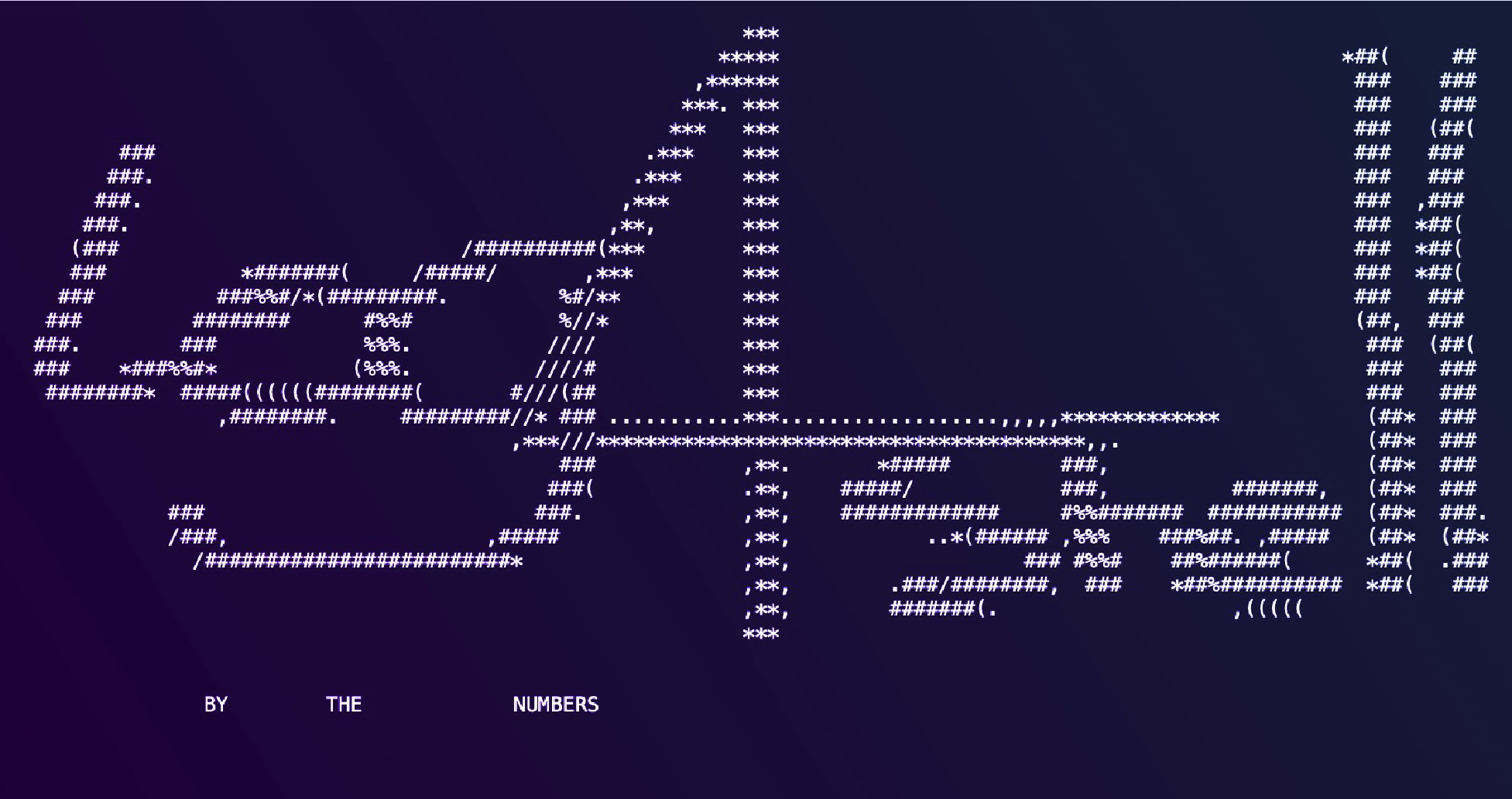ZuoRAT Trojan Hacks Asus, Cisco, DrayTek and NETGEAR Routers
Lumen Black Lotus Labs has discovered a new Remote Access Trojan (RAT)…
Chinese Hackers Use Ransomware As a Cover for Espionage
Secureworks experts have found that Chinese hackers from two groups that specialize…
Russian Hackers Use Follina Vulnerability to Attack Users in Ukraine
The Ukraine Computer Emergency Response Team (CERT-UA) said Russian hackers are exploiting…
A WSO2 Vulnerability is Fraught with Remote Code Execution
The products by WSO2, an open-source API, applications, and web services provider,…
Fake Exploits Used to Deliver Cobalt Strike Beacons
Cyble experts have warned that cybercriminals are attacking IS researchers, distributing malware…
Cybersecurity Experts Analyzed the Methods of a Group of Russian Hackers Wizard Spider
Information security specialists from PRODAFT have published the results of an investigation…
Experts are already fixing attacks on the Log4Shell vulnerability
Security researchers are already scanning the network looking for products affected by…
Emotet now installs Cobalt Strike beacons
The researchers warn that Emotet now directly installs Cobalt Strike beacons on…








